A behind-the-scenes look at Hancock County Chamber of Commerce's program to ensure continued business growth in the region.
-- Story and photos by Steve Barney
LHC is not your off-the-shelf leadership training program. Participants form lifelong friendships, broaden their professional circles and forge interdisciplinary collaborations affecting meaningful change, economic growth, improved services and enhanced quality of life for all of us.
The network of 430 graduates of the program represent a who’s who of the movers and shakers in all sectors: business, healthcare, industry, education, government, public service, and art. The challenges facing communities in the South, and Hancock County in particular, are immense, and only a comprehensive approach to economic development can hope to address them. The program introduces related issues that together form interrelated building blocks of economic development:
Over the course of ten months, participants experience all things Hancock County. Experts present information that is imperative to our development, growth and sustainability from local, regional, state and national perspectives. Attendees tour health care facilities, schools and training centers, industrial and air parks, and Stennis Space Center to hear from local elected officials and state legislators, entrepreneurs and business leaders, and experts in tourism, economic and business development, history and the arts. They learn about the threats and opportunities in Hancock County and the reciprocal impact we can make in the region. LHC is not just about listening to experts; it’s about active participation, interactive dialogue and real-world problem-solving. So how does the program stay fresh and impactful? Behind the scenes there is a triangular machine, and it’s well oiled. The base of the triangle is Sally Isaacs, business manager for the Hancock Chamber. Among juggling her other responsibilities, Sally oversees the LHC’s massive planning and logistics effort. To design, produce and execute the program, Sally works closely with the second side of the triangle, a dedicated group of interdisciplinary volunteers comprising the LHC Steering Committee. The Steering Committee is chaired by Janell Nolan, director of community development at Coast Electric Power Association (CEPA), where she has worked for 30 years. In this time the cooperative culture has deeply impacted her life not only professionally, but also personally. Nolan, an avid tennis player, states, “I am grateful to work for a company focused on improving the quality of life in the communities we serve.” Nolan, a 2006 LHC graduate, was part of the Katrina class; not surprisingly, that year the focus was on infrastructure and social services as our community was beginning the monumental rebuilding process. LHC had a profound impact on Nolan and she was completely hooked, joining the Steering Committee and assisting with the Economic Development curriculum. She adds, “The program showed me where I could get involved, make a difference, and be an informed agent of change.” Since that time, Nolan has served as president of the Diamondhead Business and Professionals Association, president of the Rotary Club of Central Hancock, and she serves on numerous non-profit boards. The recipient of many community service awards, Nolan was recognized in 2009 as one of Hancock County’s Top Ten Citizens, the youngest-ever recipient of that award. In 2011, Nolan succeeded Susie Veglia as chair of the Steering Committee and has overseen 8 leadership classes. Other members of the LHC Steering Committee include:
The first task of the Steering Committee is to identify, recruit and vet the annual cohort of participants, ensuring a rich diversity of gender, race, orientation, age, upbringing, industries served, education, and interests. The committee is dedicated to not only educating and guiding participants through an unforgettable and impactful journey, but also facilitating conversations and exchanges with participants to better learn the needs and concerns of our communities to best tailor the program and to work with our community leaders so the best possible experience and opportunities is offered to graduates. Members of the committee are engaged, usually 3 or 4 at each session, reading the energy in the room, soliciting feedback, sensing what’s going on and making changes on the fly to ensure the optimal learning experience for the participants. The feedback received after each session is used to tweak the content and delivery to ensure it’s relevant and impactful. The Steering Committee members friends who share a love for Hancock County, and they are deeply impassioned with and dedicated to the continuous improvement and legacy of LHC. The third leg of the LHC triangle is training and facilitation powerhouse Joy Saucier. Saucier has worked at Mississippi Power since 1993. In her Community Development role, she is responsible for community leadership development, board development and strategic planning facilitation for local non-profit and government groups. Saucier is passionate about leadership development at the local level. She states, “Getting people better educated about where they live, ways they can make it better, develop skills and connections; is how to create agents of change.”
Joy is the lead architect of the curriculum based on the six building blocks of economic development. She also facilitates the leadership skill sessions that tie in with current events across the coast. Saucier says that the engagement, trust and passion of the LHC Steering Committee is a tremendous asset. She adds, “Continuous improvement in the committee is based on a lot of trust, so people are open and comfortable giving each other feedback.” Saucier is a master at teambuilding through strong relationships. She explains, “Networking is one of the things everyone wants. It builds social capacity, and the beginning of any good relationship is trust.” In a two-day intensive retreat at Camp Beckwith in Fairhope, AL, and throughout the rest of the program, Saucier utilizes ice breakers and activities to get people comfortable talking about themselves and each other. The activities are designed to get you out of your comfort zone, energized and building ties with classmates. Mississippi Power and Saucier believe strongly in the leadership principles and methodology espoused by Stephen Covey, author of the best seller “The Seven Habits of Highly Effective People.” Saucier is a master at utilizing Covey’s principles on an ad hoc basis where it’s appropriate to the situation. Saucier also uses DISC assessment to help participants understand their behaviors and how they are perceived by others. These tools help participants learn to adapt their behaviors to more effectively work with others and build bonds. Another benefit for LHC participants is the opportunity to serve as Ex-officio board members for nonprofits across Hancock County. This is the first board experience for many, who later find a niche and take leadership roles in these organizations.
Each year, the LHC class designs and executes a class project. Previous projects have included the creation of the Hancock Youth Leadership Program (HYLA); seed funding for the Sports Complex and Hancock Resource Center; and many others. The result is well over $75K in local contributions to nonprofits and huge in-kind contributions of time and services. This year’s class project leverages the champion barbeque skills of classmate Noel Grafe to raise money for scholarships. Held in December, the first meat sale raised over $2,500. Look for another big BBQ event in March. It’s another step toward the legacy of making Hancock County a better place to live, as the program continuously adapts to changing times. For more information about Leadership Hancock County visit: http://www.hancockchamber.org/programs/leadership-hancock-county/ Comments are closed.
|
Categories
All
Archives
July 2024
|
Shoofly Magazine Partners
Our Shoofly Partners are local businesses and organizations who share our mission to enrich community life in Bay St. Louis, Waveland, Diamondhead and Pass Christian. These are limited in number to maximize visibility. Email us now to become a Shoofly Partner!

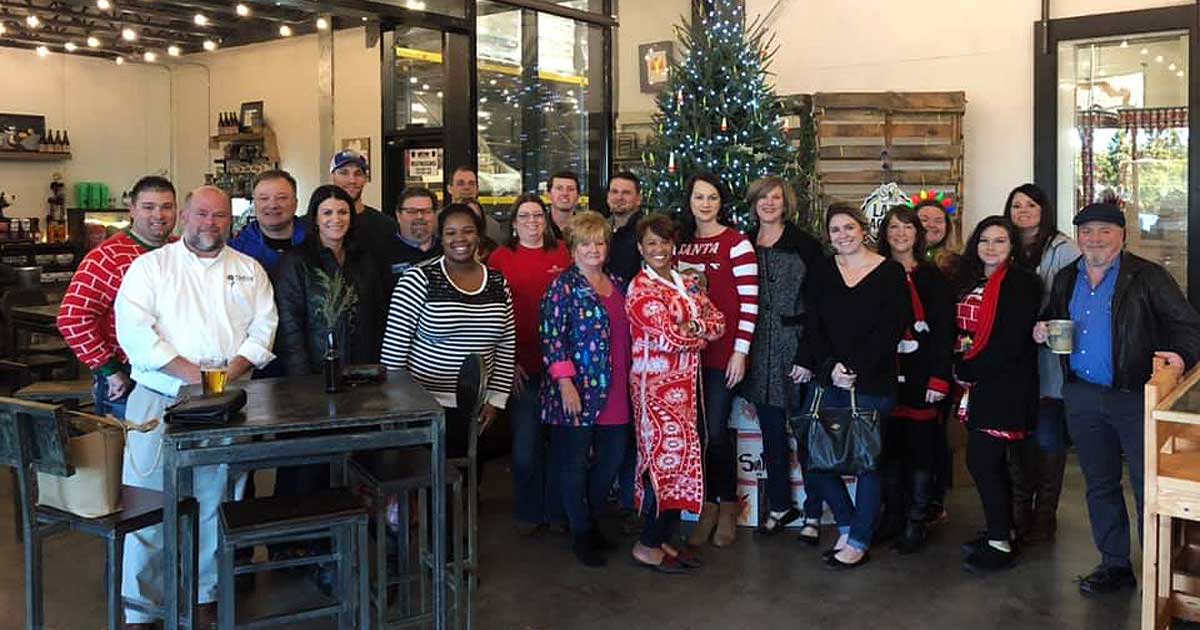


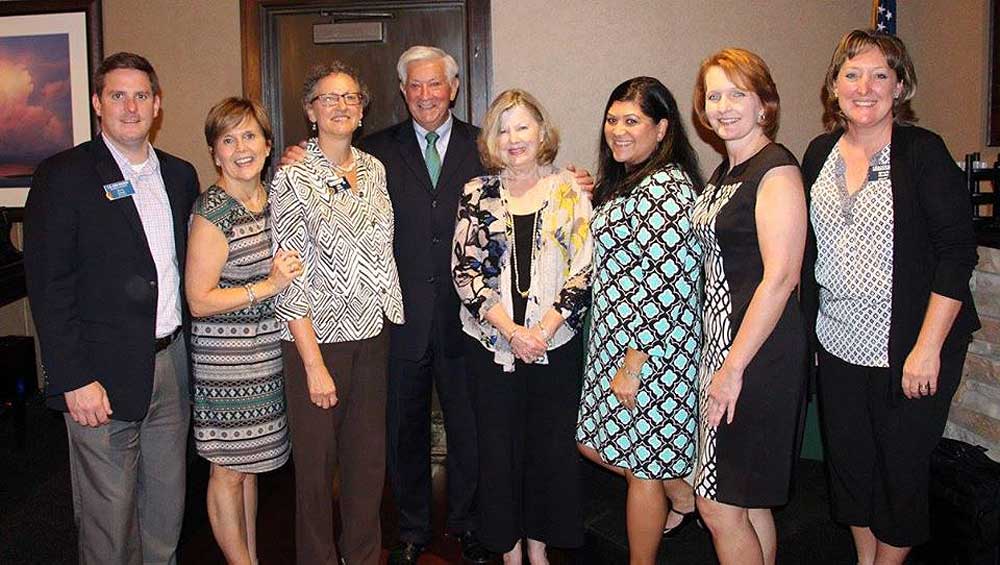
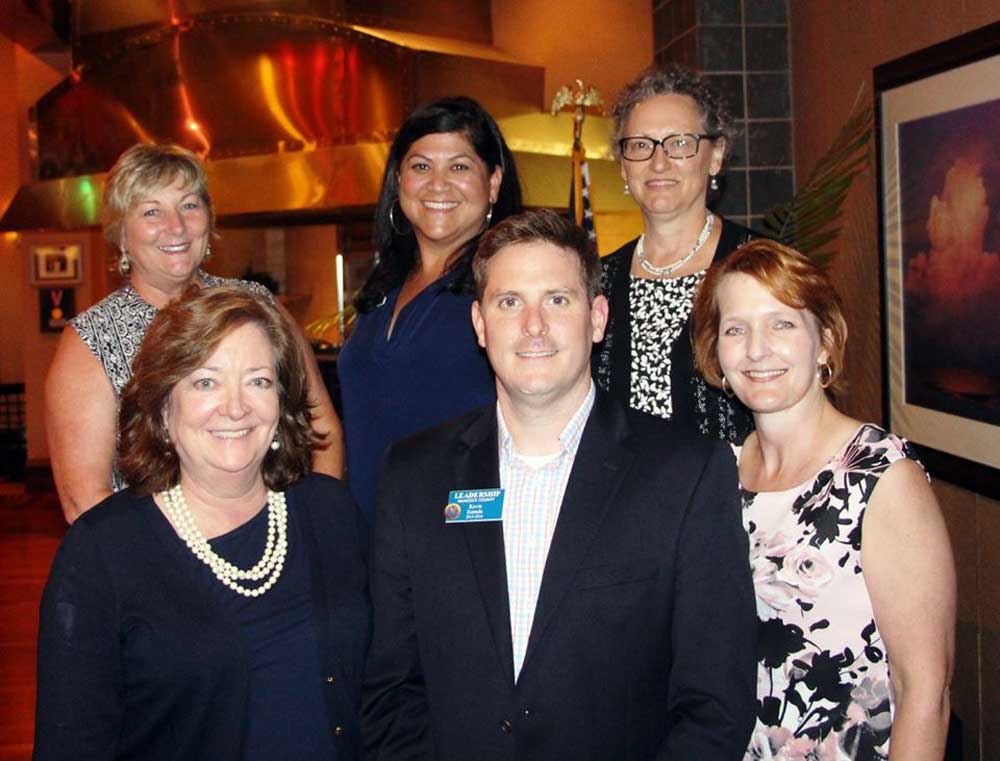
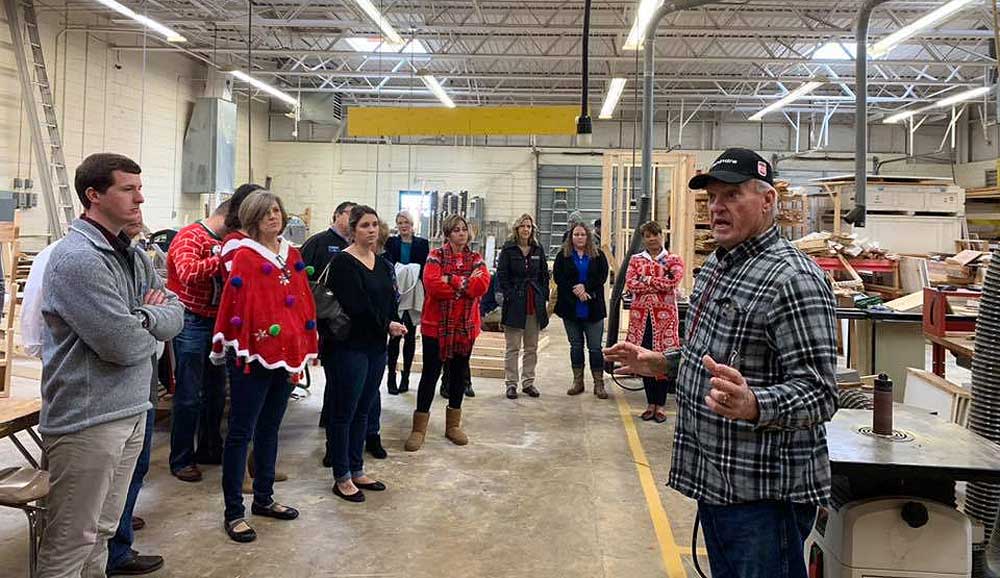
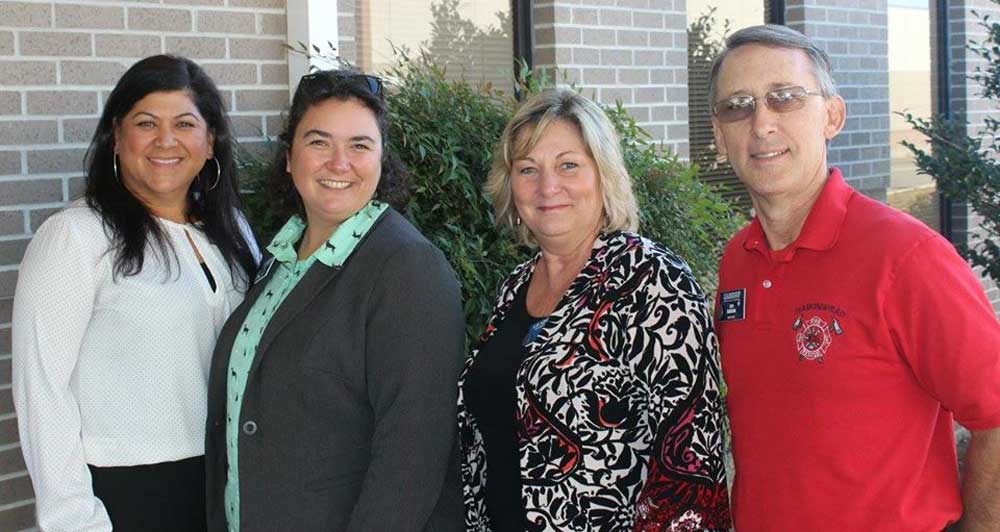
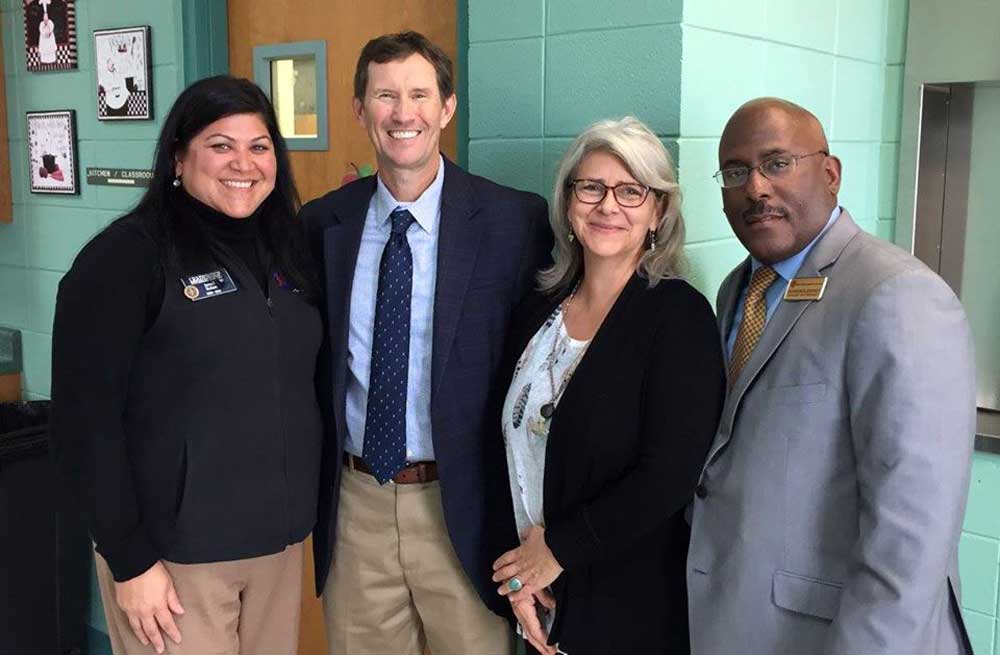
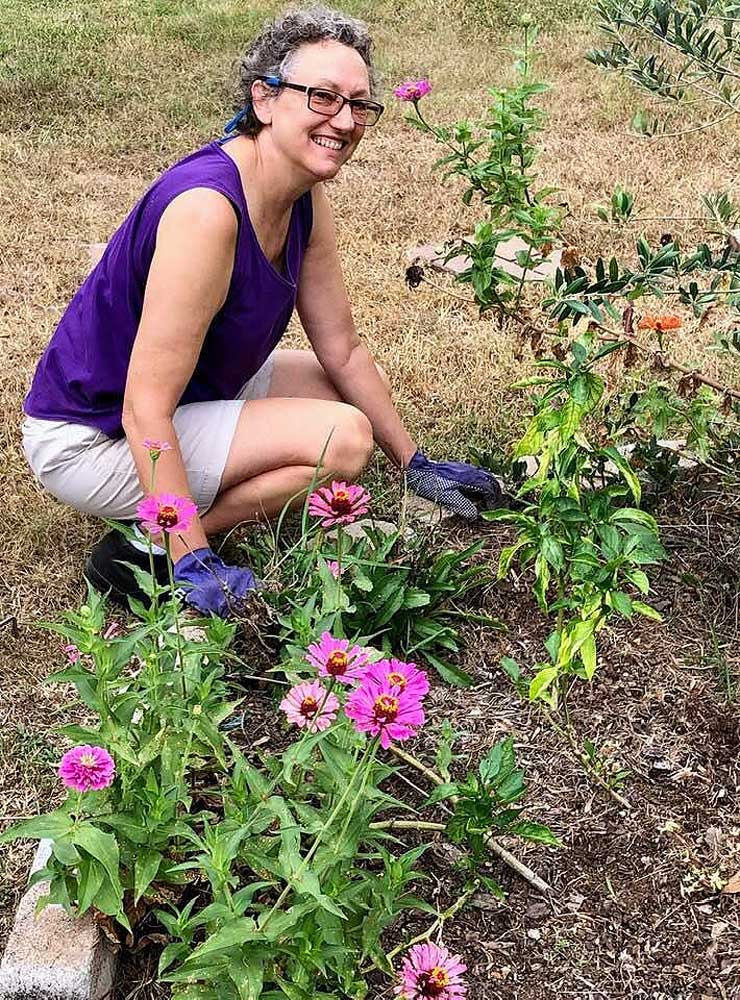
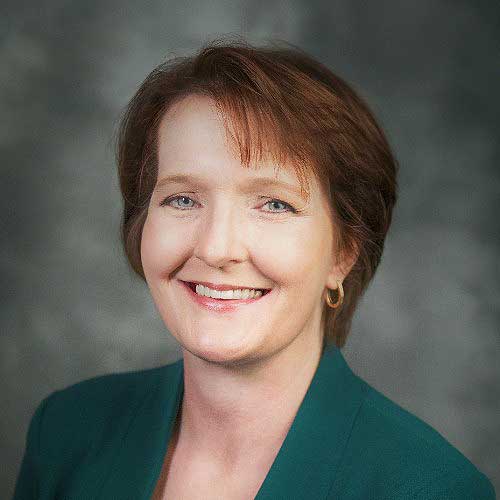
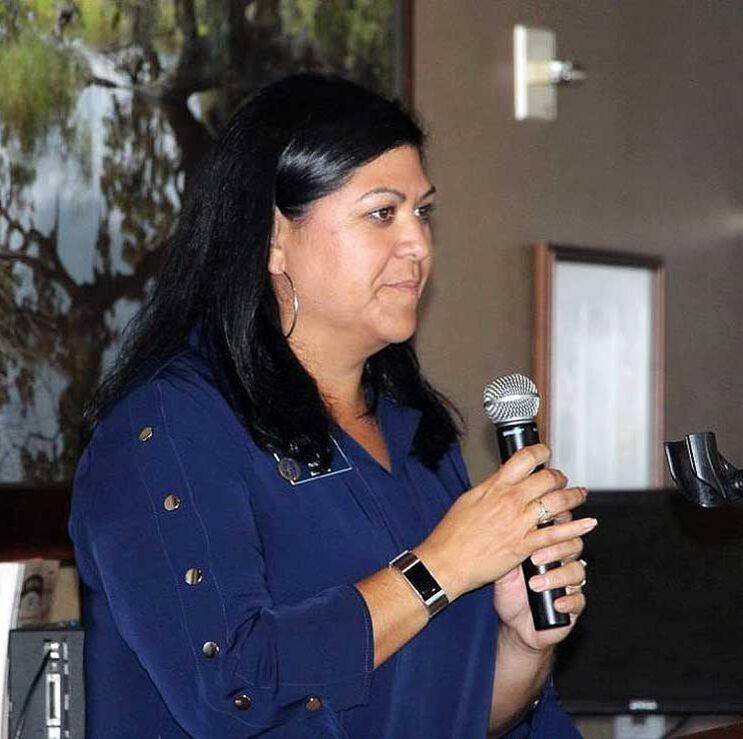
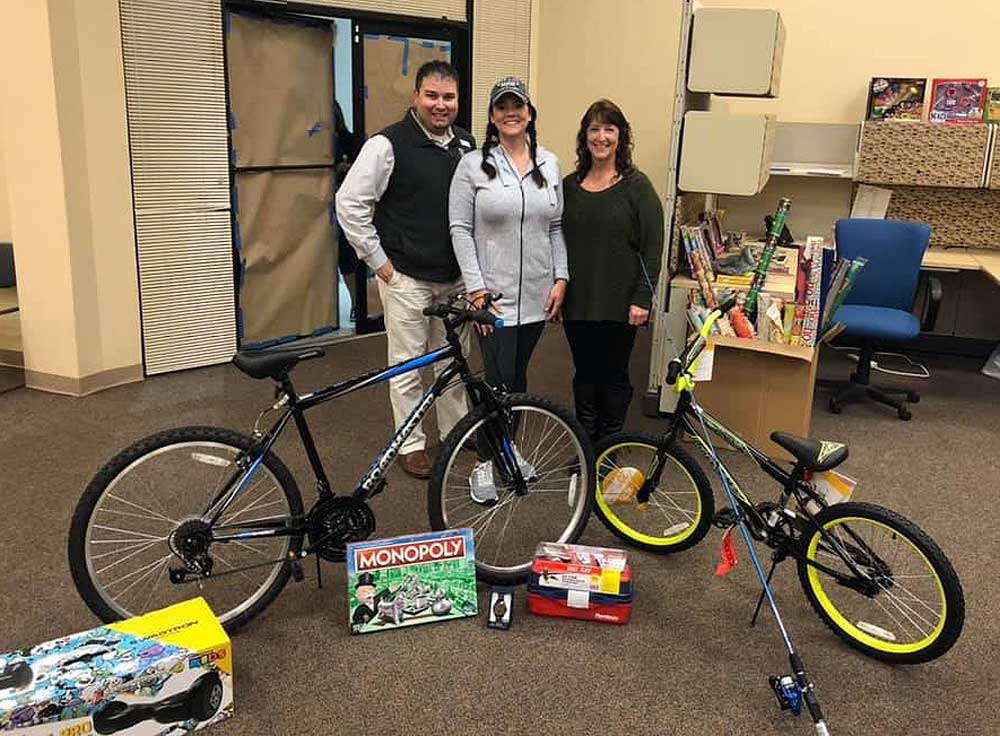


























 RSS Feed
RSS Feed























